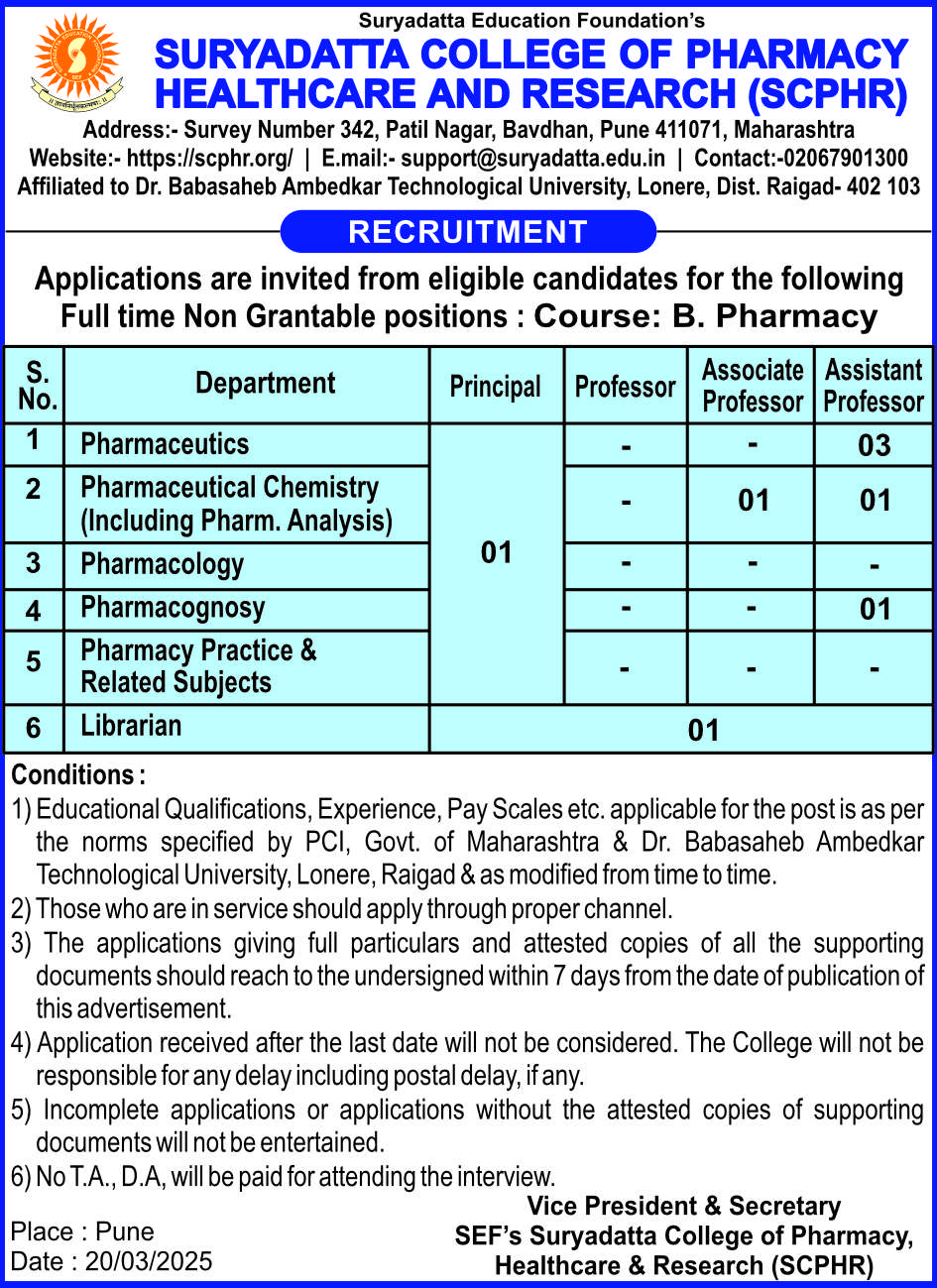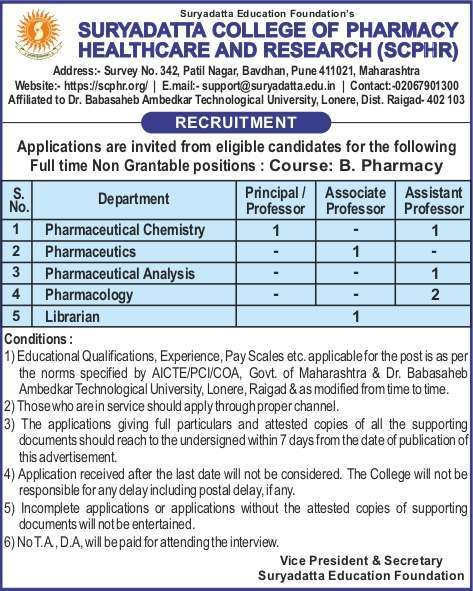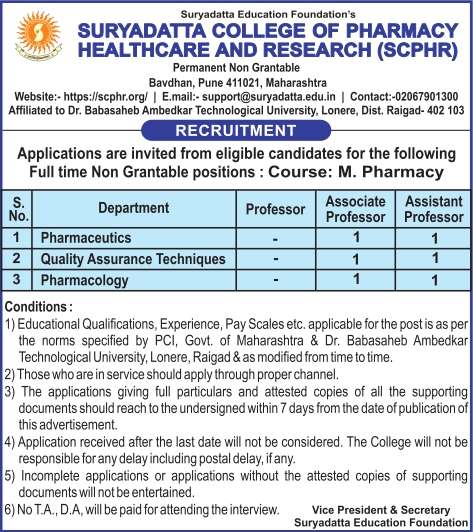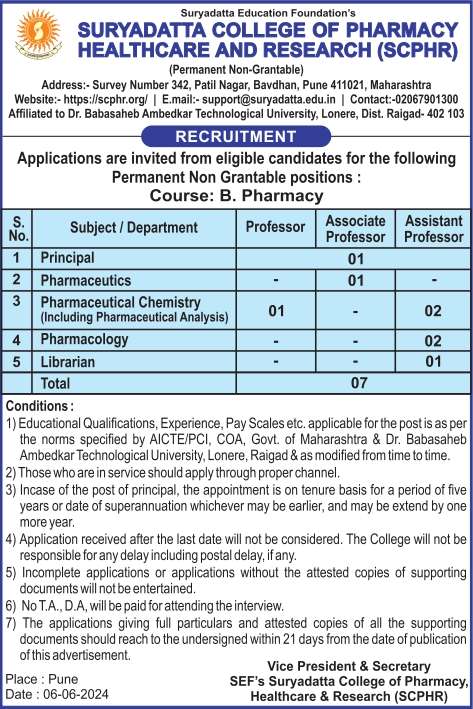A Glimpse of the Indian Pharmaceutical Industry
- Indian pharmaceutical industry is known as a “Pharmacy of the World” due to its significant role in supplying high-quality, affordable, and low-cost generic drugs to millions of people across the globe.
- The Indian pharmaceutical industry ranks third globally in pharmaceutical production by volume and is known for its generic medicines and low-cost vaccines. The sector contributed to around 1.32% of the Gross Value Added (at 2011-12 constant prices) of the Indian Economy in 2020-21.
- The total annual turnover of Pharmaceuticals in the fiscal year 2021-22 was Rs. 3,44,125 crore (USD 42.34 Bn).
- Major segments of Indian Pharmaceutical Industry include generic drugs, OTC medicines, bulk drugs, vaccines, contract research & manufacturing, biosimilars and biologics.
- India is a global leader in the supply of DPT, BCG, and Measles vaccines. India is one of the biggest suppliers of low-cost vaccines in the world.
- India accounts for 60 percent of global vaccine production, contributing 40 to 70 percent of the WHO demand for Diphtheria, Tetanus and Pertussis (DPT) and Bacillus Calmette–Guérin (BCG) vaccines, and 90 percent of the WHO demand for the measles vaccine.
- There are 500 API manufacturers contributing about 8% in the global API Industry. India is the largest supplier of generic medicines. It manufactures about 60,000 different generic brands across 60 therapeutic categories and accounts for 20% of the global supply of generics.
Career options include the following:
- Pharmacist: A registered Pharmacist under the Pharmacy Council of India (PCI), can work in retail pharmacies and hospital pharmacies. The role of the Pharmacist involves dispensing medications, counseling patients on proper drug usage and potential side effects, and monitoring medication therapy.
- Entrepreneurship: A registered pharmacist under the Pharmacy Council of India (PCI), can start their own retail or wholesale Pharmacy and be an entrepreneur. After a few years of experience, one can even start own manufacturing setup for Active Pharmaceutical Ingredient (API), Medicine formulations or Cosmetics.
- Pharmaceutical Industry: He/she can work in various departments of pharmaceutical manufacturing companies, including Production, Research and Development (R & D), Quality Control and Quality Assurance (QC & QA), Marketing, and Sales.
- Clinical Research: He/she can work in Clinical Research Organizations (CROs) to assess the safety and efficacy of new drugs.
- Drug Regulatory Affairs Associate: In this role, He/she will be responsible for ensuring that pharmaceutical products comply with regulatory guidelines and standards set by government authorities.
- Medical Writer: Medical writers create scientific documents and materials for pharmaceutical companies, research institutions, and medical journals.
- Pharmacovigilance Associate: Pharmacovigilance professionals monitor and report adverse effects of drugs and ensure drug safety.
- Higher Education: He/she can pursue higher education to complete a Master of Pharmacy (M. Pharm.), and then a Ph.D. in Pharmaceutical Sciences.





